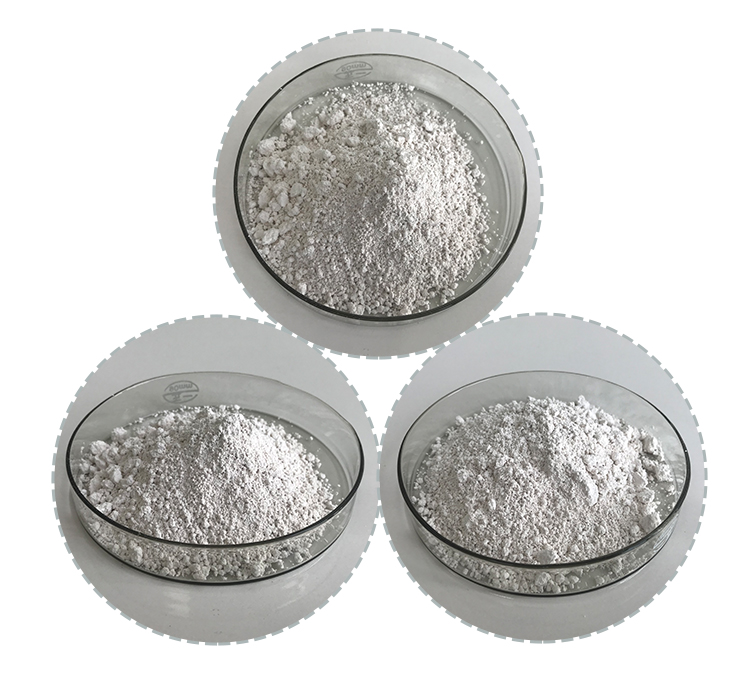Fenbendazole is a broad-spectrum anthelmintic medication commonly used to treat parasites in animals. The basic ingredient of fenbendazole is, well, fenbendazole itself. Chemically, fenbendazole is a benzimidazole carbamate. It works by disrupting the formation of microtubules in the cells of parasites, affecting their ability to divide and reproduce.
Basic Ingredient of Fenbendazole
Fenbendazole is widely used in veterinary medicine to treat various internal parasites in animals such as dogs, cats, horses, livestock, and more. It is not approved for human use in many countries, but there has been interest in its potential anti-cancer properties, leading to its investigation in some research studies and discussions in alternative medicine circles.
Always use medications as directed by a qualified healthcare professional or veterinarian, and be aware that using medications not approved for human use can be unsafe and is generally not recommended without proper supervision and guidance from a healthcare professional.

Efficacy and effects of Fenbendazole
Fenbendazole is a broad-spectrum anthelmintic drug commonly used in veterinary medicine to treat various parasitic infections in animals, particularly in dogs and cats. It is also used in livestock. Fenbendazole belongs to the benzimidazole class of anthelmintics, and its mechanism of action involves disrupting the microtubule structure of the parasite, leading to the inhibition of its energy metabolism and eventual death.
While fenbendazole is primarily intended for veterinary use, there has been some interest in its potential off-label use in humans, particularly in the context of certain parasitic infections and as a potential anti-cancer agent. Some individuals have experimented with fenbendazole as part of alternative or complementary cancer treatments based on preclinical studies that suggested anti-cancer properties. However, it’s important to note that the efficacy and safety of fenbendazole for these off-label uses in humans are not well-established, and the available evidence is limited.
Here are some key points to consider:
Veterinary Use: Fenbendazole is widely used in veterinary medicine to treat various parasitic infections in animals, including gastrointestinal parasites like roundworms, hookworms, whipworms, and some types of tapeworms.
Off-Label Use in Humans: Some people have self-administered fenbendazole as an experimental treatment for conditions such as cancer. There is limited and early-stage research suggesting potential anti-cancer effects in preclinical models, but more rigorous clinical studies are needed to establish its safety and efficacy in humans.
Safety and Side Effects: Fenbendazole is generally considered safe when used as directed in veterinary medicine. However, its safety profile in humans for off-label uses is not well-established. Side effects may include gastrointestinal symptoms such as nausea, vomiting, diarrhea, and abdominal pain.

Research Limitations: The majority of research on fenbendazole’s potential anti-cancer effects has been conducted in preclinical studies, often in cell cultures or animal models. The leap from these findings to safe and effective human treatments requires thorough clinical investigation.
Consultation with Healthcare Professionals: If considering the use of fenbendazole or any other medication for off-label purposes, it is crucial to consult with healthcare professionals. Self-medication without proper medical guidance can be risky, and healthcare providers can offer personalized advice based on an individual’s health status and specific circumstances.
In summary, while fenbendazole has established veterinary uses, its off-label use in humans, especially for conditions like cancer, requires more research to establish safety and efficacy. Individuals should exercise caution and consult healthcare professionals before using fenbendazole or any other medication for purposes not approved by regulatory authorities.
